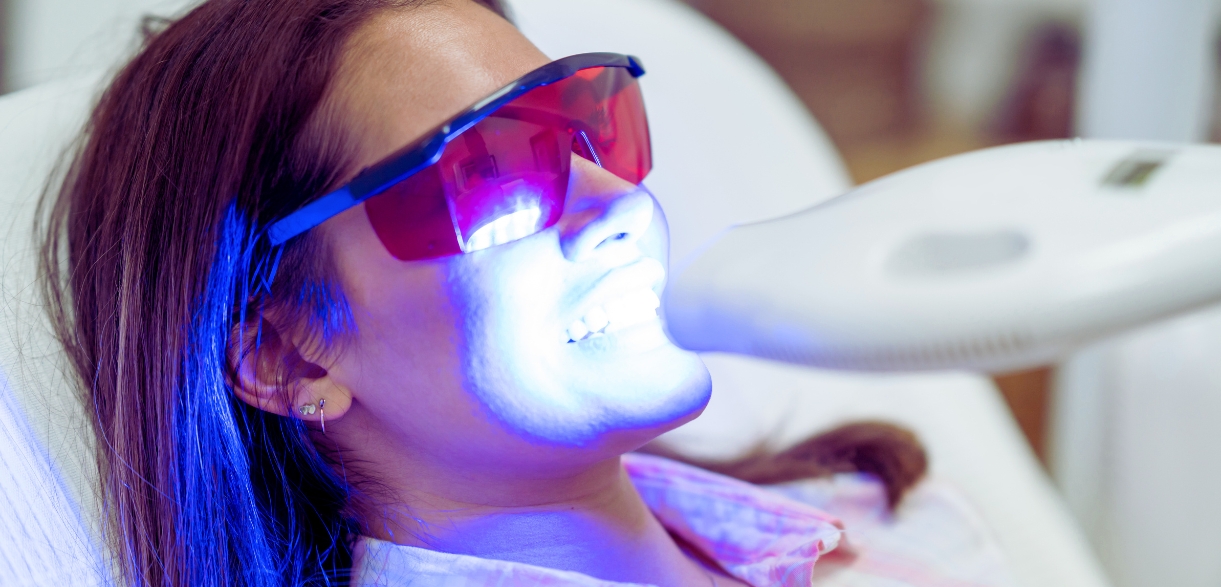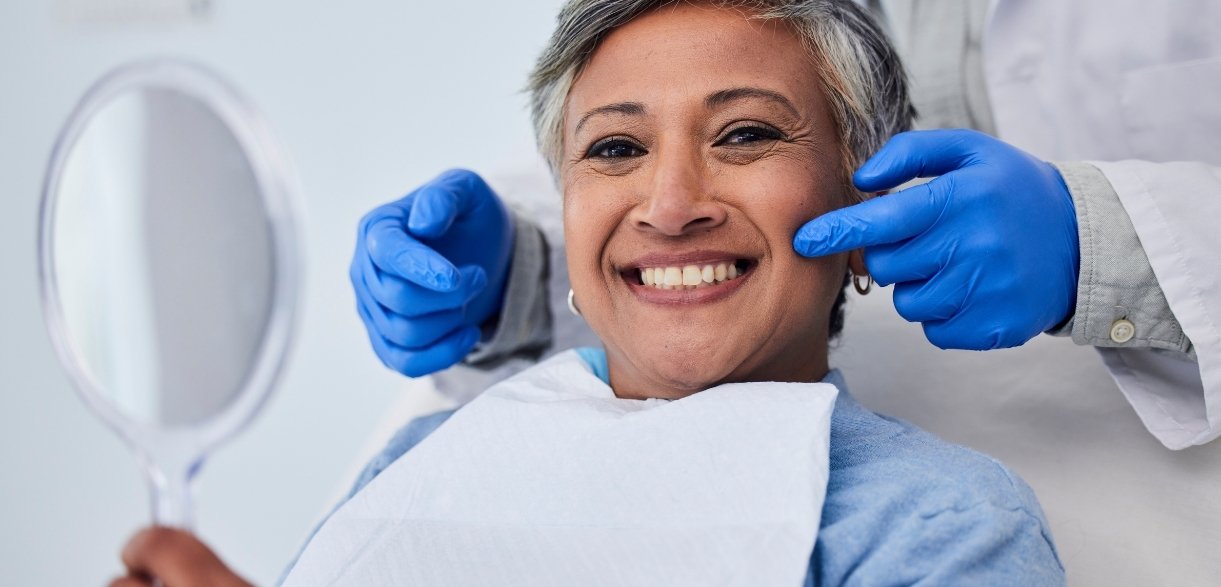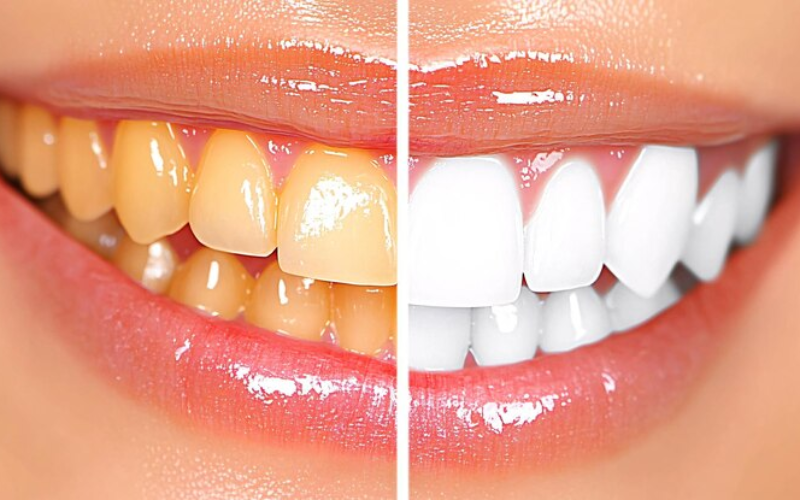BOOK ONLINE

Teeth whitening is one of the most requested cosmetic dental treatments in the United States. Many parents ask whether it’s safe or appropriate for teenagers. The answer depends on several factors, including age, oral health, and the method used. This blog provides a clear, research-based guide for parents curious about whether their teen can undergo teeth whitening safely.
What Age Is Safe for Teeth Whitening?
Most dentists recommend waiting until all permanent teeth have erupted, usually around age 13. Whitening baby teeth or teeth that are still developing can lead to uneven results or increased tooth sensitivity.
Professional organizations like the American Academy of Pediatric Dentistry (AAPD) suggest caution for children under 14. Teens with full permanent dentition and healthy gums may be candidates for professional whitening options, but only after a dentist evaluates their oral health.
Why Teens May Want Teeth Whitening
Teenagers today are more image-conscious than ever. Stained or discolored teeth can lower their confidence, especially in social or school settings. Some common reasons for discoloration in teens include:
- Consumption of dark-colored beverages like soda or tea
- Use of certain medications
- Poor oral hygiene
- Fluorosis or trauma to a tooth
Addressing these concerns must be done safely and responsibly.
Whitening Options for Teens
Not all whitening treatments are suitable for younger patients. Here’s a look at what’s generally safe:
1. In-Office Whitening
This method involves applying a dentist-approved whitening gel. It’s controlled, safe, and monitored by a dental professional. Though effective, this option is usually reserved for older teens due to the strength of the gel used.
2. Custom Trays from a Dentist
Dentists can create custom trays that fit the teen’s teeth, reducing the risk of gum irritation. The whitening agent is less concentrated than in-office treatments, making it a safer option.
3. Whitening Toothpaste
This is the safest starting point. Whitening toothpastes remove surface stains without affecting the deeper layers of enamel.
Avoid over-the-counter strips and gels unless a dentist specifically recommends them. They often contain high concentrations of peroxide that may damage young teeth or gums.
What Parents Should Know Before Starting the Treatment
Before teens get teeth whitening, parents should schedule a consultation with a licensed dentist. It’s essential to ensure:
- No underlying tooth decay or gum disease
- All permanent teeth have come in
- Proper oral hygiene habits are in place
A personalized assessment reduces risks like tooth sensitivity or gum irritation.
You can consult a dentist with expertise in teeth whitening in Scottsdale, AZ, for the best outcome.
The Importance of Supervision and Aftercare
Whitening isn’t a one-time solution. Teens must continue brushing, flossing, and limiting stain-causing foods and drinks. Parents should supervise product use and ensure follow-up appointments happen as advised.
Whitening treatments, even mild ones, should never replace regular dental care. Encourage your teen to keep regular visits to maintain overall oral health.
Yes, teens get teeth whitening when it’s medically appropriate and supervised by a dental professional. The best approach is cautious, informed, and tailored to the individual. Start with a dental consultation to explore options that are both safe and effective.






